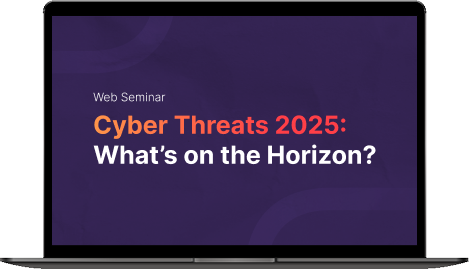Businesses in Indonesia are increasingly vulnerable to advanced cyber threats like ransomware, phishing, and social engineering. Limited resources and expertise leave many organizations struggling to address these evolving risks effectively. Even IT security teams often face staffing shortages and skill gaps, resulting in inconsistent practices and vulnerabilities, such as delayed updates, which open doors to breaches. Building and maintaining in-house cybersecurity capabilities is a costly hurdle, especially for smaller businesses.
Outdated legacy systems lacking modern security features further expose sensitive data to cyberattacks. Upgrading these systems is crucial but remains a significant challenge for many organizations. Adding to this complexity, Indonesia’s evolving cybersecurity regulations, such as UU no. 27/2022, require businesses to implement comprehensive measures to avoid penalties and reputational damage. However, achieving compliance without legal or compliance teams can be overwhelming.
Additionally, the financial strain of building and maintaining cybersecurity infrastructure, from tools to compliance measures, limits many businesses’ ability to establish robust defenses. Ongoing updates and upgrades to keep up with emerging threats only compound these challenges.


